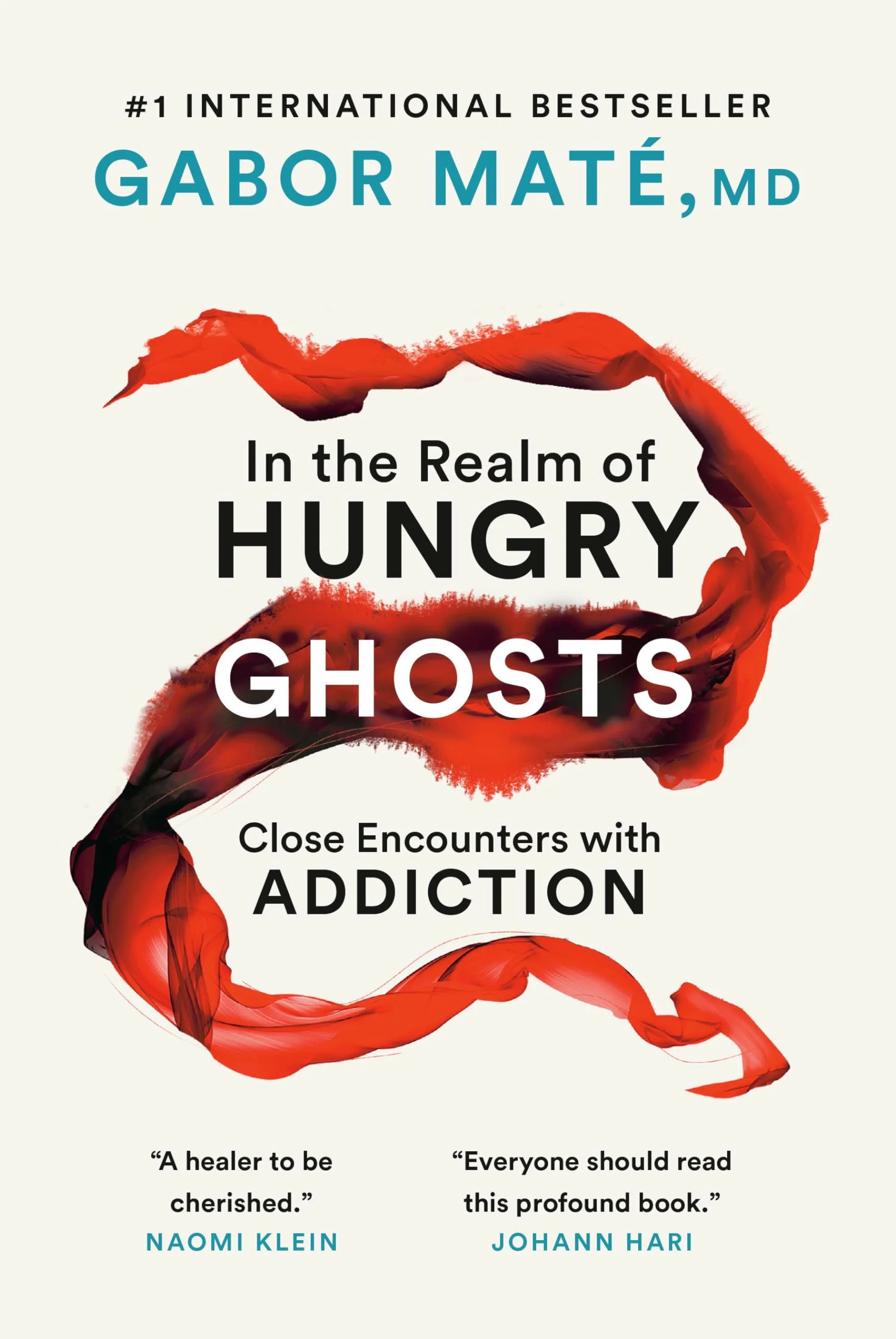Infidelity and Sex Addiction: Untangling a Complex Connection
Infidelity is one of the most painful betrayals in a relationship. When someone strays outside of the bounds of the relationship, they leave emotional wreckage behind—broken trust, deep insecurity, and profound grief. And when infidelity is tied to something more, like sex addiction, the story becomes even more complex.
Sex addiction is often misunderstood, misdiagnosed, or dismissed. But for those experiencing it—and for their partners—it can feel like being caught in an emotional storm with no clear way out. In what follows, we’ll explore the connection between infidelity and sex addiction, what sets them apart, and how healing is possible for everyone involved.
What Is Sex Addiction?
Sex addiction, sometimes referred to as compulsive sexual behavior, is characterized by an ongoing pattern of sexual thoughts, urges, or behaviors that feel out of control and lead to negative consequences. It’s not simply about having a high sex drive—it’s about using sex in a way that interferes with one’s life, relationships, and emotional well-being.
People struggling with sex addiction often report:
Feeling unable to stop the behavior, even when they want to
Using sex as a way to cope with stress, anxiety, or trauma
Feeling guilt and shame around their behavior
Escalating patterns of risky or self-destructive sexual activity
Infidelity vs. Sex Addiction: What’s the Difference?
Infidelity is a choice, and in the case of sex addiction, that choice might be driven by compulsions that feel uncontrollable. This doesn't excuse the betrayal, but it can explain part of the behavior.
Key differences:
Infidelity occurs in a variety of ways– from a one-time event to a long-term affair–and for a variety of reasons, usually because of the relationship or something personal about the individual. Relationship reasons tend to be things like relationship dissatisfaction, unmet emotional or physical needs, lack of commitment, or a way to express anger or revenge. Individual reasons include low self-esteem, fear of commitment, desire for novelty or variety, self-sabotage or unresolved trauma.
Sex addiction often involves repeated behaviors over time, sometimes with multiple partners, is usually compulsive rather than calculated, and is not related to relationship satisfaction.
One doesn’t always imply the other. Not all people who cheat are sex addicts, and not all sex addicts cheat. But when the two intersect, relationships become incredibly strained—and both partners often feel isolated in their pain.
For Partners: Betrayal Trauma and Emotional Fallout
Being in a relationship with someone who struggles with sex addiction and has been unfaithful causes betrayal trauma. The emotional impact is similar to PTSD, with symptoms like:
Hypervigilance
Flashbacks and obsessive thoughts
Numbness and emotional shutdown
Difficulty trusting others
It’s important for partners to get support for their own healing, not just focus on the person struggling with addiction. Therapy, support groups (like S-Anon and Codependents Anonymous), and boundaries can all be essential tools in the process.
Is Recovery Possible?
Yes—recovery is absolutely possible. But it’s not a quick fix.
For the person struggling with sex addiction:
Therapy (there are certified sex addiction therapists, CSAT) and deep inner work, which often requires trauma-informed therapy (like IFS or EMDR therapy)
12-step programs like Sex Addicts Anonymous (SAA) or Sexual Compulsives Anonymous (SCA)
Accountability, remorse and transparency as needed by their partners and possibly with other important relationships in their lives
For the relationship:
Couples therapy with someone experienced in addiction recovery
Honest communication, accountability, transparency and remorse in order to begin to build trust
Time, consistency, boundaries and patience
For partners (whether you stay or go):
Individual trauma therapy
Community support, such as S-ANON and/or friends and family you can trust and feel supported by
Radical self-care, including healthy boundaries
Final Thoughts
Infidelity always hurts. When it's wrapped in the complexity of sex addiction, it can feel even more confusing and overwhelming. But understanding the distinction—and the underlying emotional drivers—can be the first step toward healing.
Whether you're the one struggling with compulsive sexual behavior, or you're the one trying to pick up the pieces after betrayal, you're not alone. Recovery is possible, and so is rebuilding trust—together or apart—one step, one day at a time.
Resources
So you want to maintain your relationship after infidelity? Grab our infidelity freebie to learn the next 5 imperative parts to healing.










